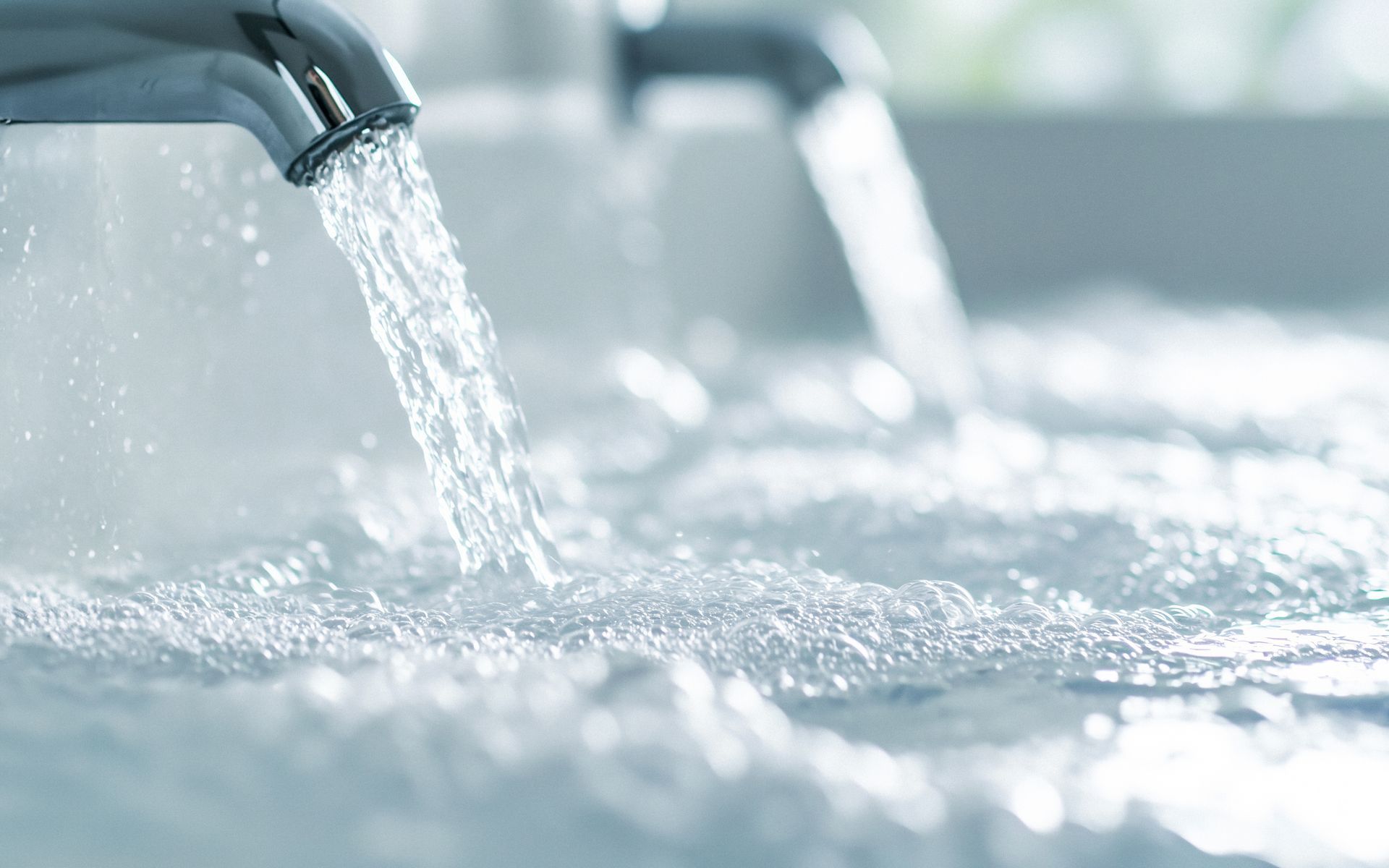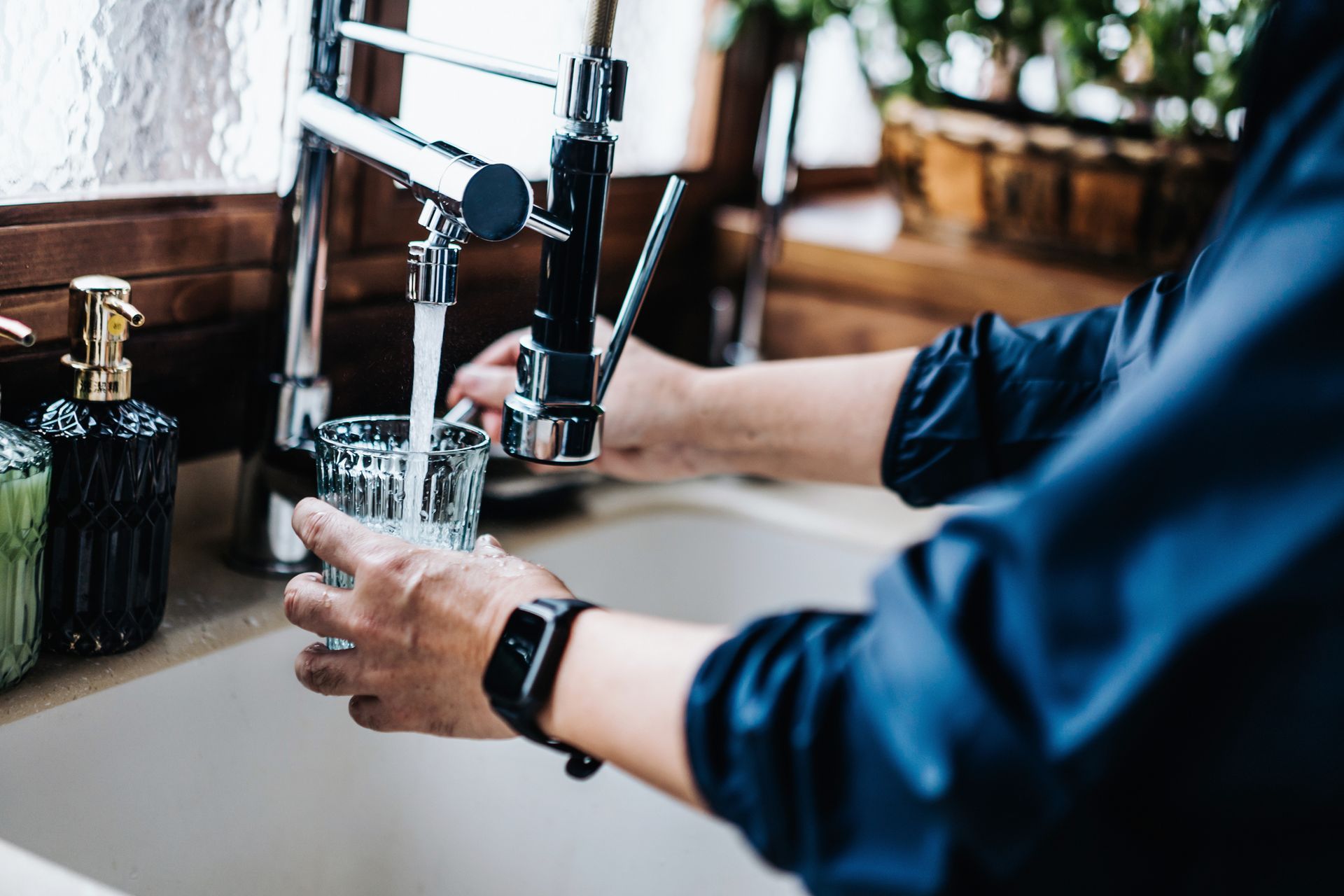Water treatment, water testing, well drilling and hydro-fracking services for VT, NH, and MA.
Do you need emergency well water service?
Maximize Your Well Pump's Lifespan: How Long Will a Well Pump Last?
The lifespan of a well pump typically ranges from 8 to 15 years, with maintenance, water quality, and the type of pump being critical determinants. This article will guide you in recognizing the factors that influence this span, identifying early signs of issues and extending the functionality of your well pumps.
Key Takeaways
- Well pumps typically have a lifespan of 8 to 15 years, depending on the type (submersible or jet) and how they are maintained and used.
- Common signs that indicate a well pump needs attention include low water pressure, strange noises, frequent cycling, and increased electric bills.
- Regular maintenance including inspections, water quality testing, and proper usage practices can significantly extend the lifespan of well pumps and prevent costly breakdowns.
Understanding Well Pump Lifespan
Consider the well pump an ever-vigilant guardian, silently operating from below to deliver fresh water day after day. What is the expected service life for such a tireless underground warrior? On average, these well pumps loyally attend to your property’s needs for 8 to 15 years—a time filled with countless showers, dish cleanings, and watering of gardens! The longevity of this essential device heavily depends on the type of pump you have and how it’s maintained throughout its lifetime.
For example, submersible pumps often reach a commendable 15-year lifespan if used moderately. Their design enables them to stay cool as they operate submerged in water, which can extend their usefulness over time. In contrast, jet pumps. With components situated above ground level for easier repair access but potentially shorter operational lives due to that very exposure.
The motor within any kind of pump functions much like its heart—central and critical. It goes without saying that investing in superior quality here greatly contributes toward ensuring an enduring presence beneath your feet—an uncomplaining provider of life’s most vital resource: water.
Submersible Pumps
Tucked away beneath the earth, submersible pumps silently power well water systems. Engineered for durability, these unseen companions boast an impressive lifespan ranging from 8 to 15 years. Their long service lives can be cut short without careful maintenance and sensible usage as they navigate the depths.
Maintaining your submersible pump in top-notch condition comes down to two main factors: selecting a high-caliber pump and managing its workload effectively. Premium-quality submersible pumps provide robust performance with minimal upkeep—akin to owning a high-end vehicle for your well needs. With vigilant care of these submerged partners, you’ll enjoy consistent water pressure you can depend on.
Jet Pumps
Jet pumps, perched above ground level, vigilantly manage your water supply like sentinels. They boast an impressive service life ranging from 10 to 15 years—if properly maintained. The durability of these devices is closely linked with the characteristics of the water they move. Both its quality and how frequently it’s pumped are critical factors in determining their longevity.
These pumps may not plunge into depths as submersible models do, but they encounter a unique set of challenges nonetheless. Open to weather conditions and varying water quality, jet pumps require diligent oversight to prevent premature wear and tear. Consistent maintenance and attentive care will ensure that these guardians maintain robust control over your water pressure for many years ahead.
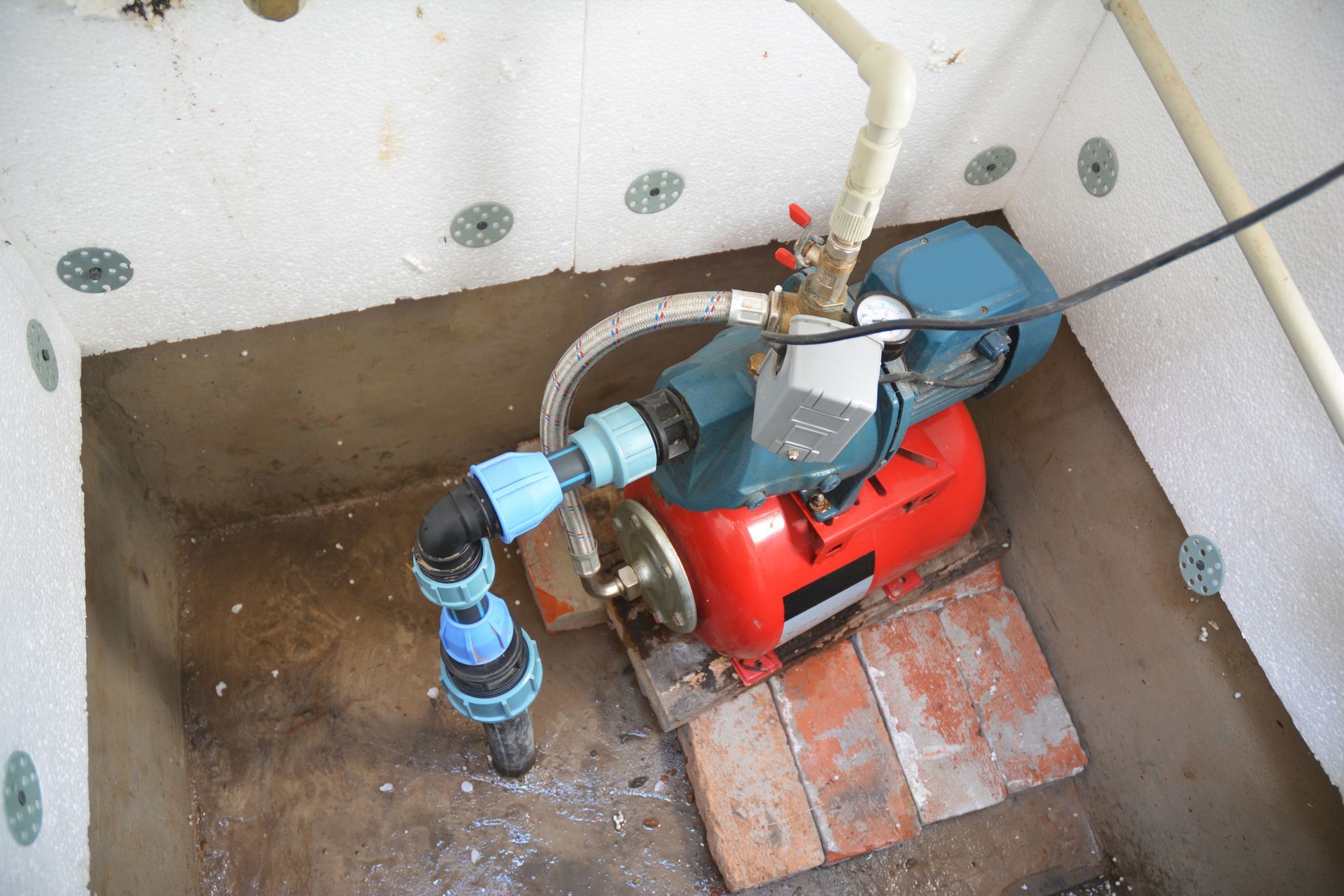
Factors Affecting Lifespan
The durability of a well pump is not solely determined by the passage of time. It’s more akin to a complex interplay with various factors that can haveten its decline. Consider water sediment as an abrasive force, grinding away at your pump’s interior parts each time they encounter this gritty intruder. Should sediment accumulate on the impeller, it acts like an extra burden upon a dancer in full costume—drastically reducing efficiency and heightening the probability of mechanical failure.
Corrosion poses another insidious threat—one that slowly degrades your pump’s integrity from within without visible warning signs. The workload or ‘duty cycle’ your pump endures—that is how frequently it springs into action—is equally crucial to consider: incessant use signifies an abbreviated service life.
To ensure prolonged function and grace for your well pump, vigilance in monitoring and upkeep key elements such as the check valve and well cap is imperative. By doing so you’ll extend the elegant performance lifespan of your well system considerably.
Signs Your Well Pump Needs Attention
Is your well pump in distress and signaling for assistance? It’s crucial to recognize the early indicators that suggest your well pump could use some attention. Look out for these signs:
- Diminished water pressure
- Unusual noises emanating from the pump
- The pump turning on and off more frequently than usual
- Odd smells or flavors in the water
Recognizing any of these symptoms is vital when it comes to taking action concerning issues with your well pump.
An unexpected spike in your electricity bills might be a subtle clue that there’s a problem with your well pump problem. Perhaps it’s overexerting itself trying to make up for a hidden defect. Stay vigilant by monitoring both auditory and visual signals, this proactive stance can help you catch complications before they develop into severe emergencies with your pumps operation system.
Low Water Pressure
Imagine the disappointment of expecting a powerful spray in your shower, only to encounter a feeble trickle. This frustrating experience can be an early warning sign pointing toward imminent well pump failure. Potential reasons for this decline include normal wear and tear on an older pump, an obstruction such as a check valve not fully opening, or even a hidden fracture within the well pipe.
When experiencing low water pressure, you might also notice various strange sounds emanating from the struggling pump – it’s like listening to an unwanted concert signaling that something is amiss with your well system. Prompt attention to these signs does more than just return your water supply back to normal. It circumvents the additional stress and cost associated with fixing or replacing a completely broken down well pump.
Strange Noises
If your well pump is making itself heard with a symphony of grinding or banging noises, this isn’t a performance feature. It’s an indication that something is wrong. These strange sounds could signal the end of life for worn bearings or point to trouble with the impeller.
These auditory signals should not be overlooked. They serve as a preliminary alert to potential mechanical problems that may arise if neglected, potentially resulting in no water supply at all. An expert who is adept at interpreting these various sounds emitted by well pumps can identify and address the problem before it leads to an expensive breakdown.
Frequent Cycling
If a well pump frequently starts and stops, it’s indicative of an underlying problem—akin to an edgy tap dancer performing on stage. This condition, known as frequent cycling, could stem from several problems including leaks in the system or a pressure tank that isn’t functioning properly.
Often, this irregular performance can be attributed to a damaged pressure tank bladder. Such damage can cause swift cycling and ultimately harm the well pump. Low water levels within the well, obstructed filters or issues with the pressure switch may also lead to similar operational troubles.
By monitoring for these potential hitches diligently, you’ll ensure your well pump doesn’t have to go through another round of problematic operation.
Preventative Maintenance Tips
No one appreciates unanticipated repair work, especially when it concerns the essential source of your home’s fresh water. Adopting preventative measures for your well pump is more beneficial than dealing with problems after they arise. Engaging in consistent maintenance can greatly prolong the life and efficiency of your pump, circumventing the inconvenience of a malfunction.
Consider regular maintenance as preventive healthcare for your well. By keeping the well head clean and monitoring the resistance levels of your pump, you can identify early indicators of motor wear before they escalate into major issues. This vigilant strategy guarantees an uninterrupted supply of fresh water along with serenity at home.
Regular Inspections
Maintaining your well pump in prime condition hinges on a routine of systematic inspections. Consider how you would regularly service your vehicle. Similarly, your well pump requires diligent care and attention. Securing an annual inspection from a qualified specialist can identify minor problems before they evolve into significant setbacks.
During these evaluations, experts meticulously examine each element of the well system to detect any rust, leaks or potential electrical concerns. They’ll confirm the integrity of the well cap, verify the precision of the pressure gauge and check that there’s no corrosion on electrical connections. While regular maintenance may not be particularly exciting work, it is fundamental to ensuring that your well damage continues operating effectively for years to come.
Water Quality Testing
The vitality of water as a life-giving force can inversely become a curse for your well pump when it is filled with impurities. Consequently, testing the quality of your water transcends mere health precautions and becomes essential for preserving the longevity of your pump. Such tests can detect sediments and hard minerals that could shorten the lifespan of your pump if they are not addressed.
By conducting routine examinations and treatment of your water supply, you’re accomplishing two critical objectives: protecting the purity of this vital resource and ensuring the durability of what could be considered as the backbone to your entire water system – the well pump itself. By keeping sediment accumulation under control, you extend a gesture to which your well pump will respond by delivering many years devoid of operational issues.
Proper Usage
Proper use of your well pump is analogous to adhering strictly to a recipe – consistently yielding the expected outcome. It’s essential that submersible pumps remain submerged. They’re intended for underwater operation and risk harm if run dry, much like fish require water to survive.
It’s important not to subject your pump to short cycling, which can lead to overheating and subsequently shorten its service life. Like pacing oneself between exercises, you should allow the correct duration of running time per cycle relative to the horsepower of your pump – this practice is critical for maintaining its durability.
By treating your water pump with care, you ensure that it sustains an ideal flow rate and keeps your supply of water steady and uninterrupted.
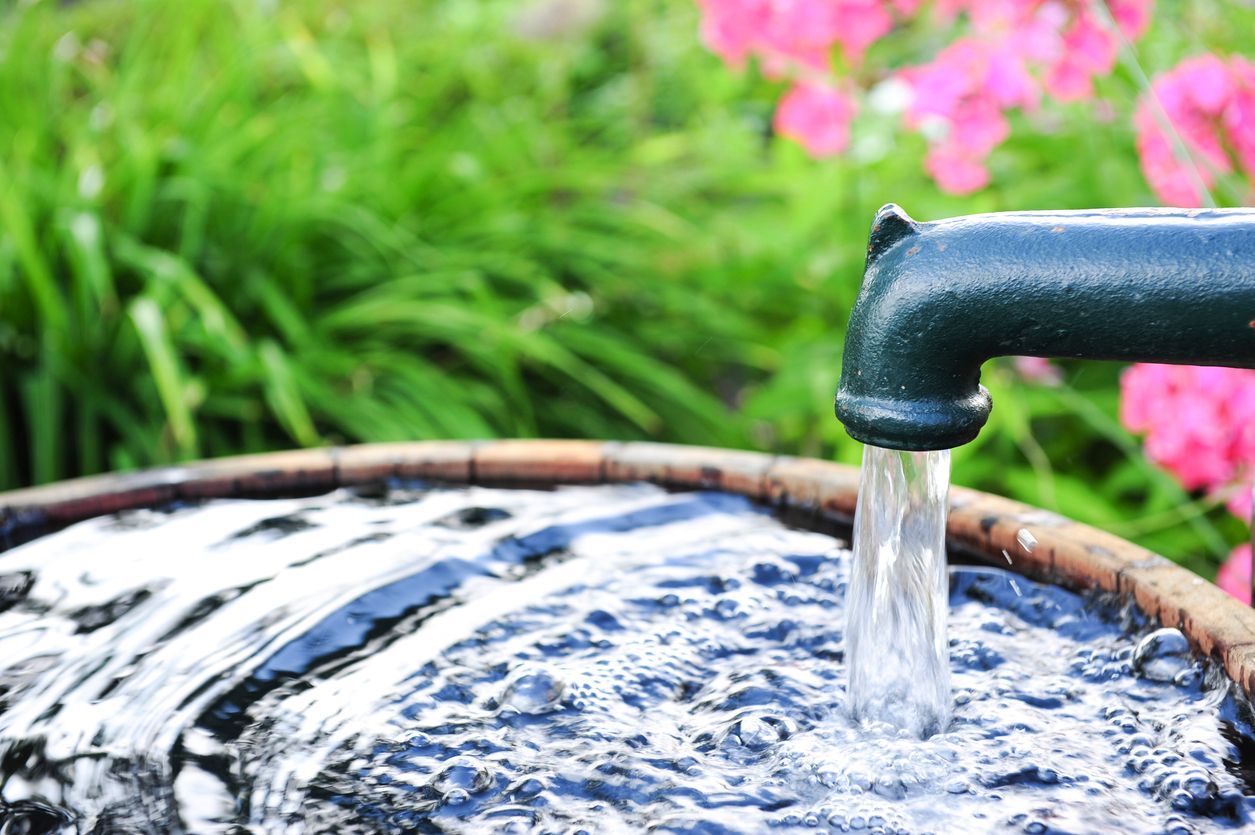
When to Replace Your Well Pump
Every well pump eventually reaches the end of its operational life. Identifying when that time is nearing is essential for ensuring a consistent supply of water and preventing unanticipated repair expenses. Indicators such as low water pressure, contaminated water, or unusual noises from the pump signal that it might be time to think about getting a new pump.
Deciding whether to repair or replace your well pump involves weighing various considerations such as efficiency, expense, and how long you’ve had your current pump. Timely decision-making in this regard can help maintain an uninterrupted flow of water.
Cost of Repairs vs. Replacement
When you’re weighing the options of fixing or getting a new well pump, it’s not just about the immediate expenses. A brand-new well pump might set you back between $1,000 and $2,750 upfront. Looking at long-term costs is crucial. Constantly repairing your pump can become costly over time – if your current unit resembles more of a temporary fix than a functioning machine, spending money on replacement may be wise.
Small repairs might prolong the service life of your existing pump for some time, but dealing with persistent problems can feel like wasting money without remedy. Upgrading to a newer model ensures dependability and operational efficiency that makeshift fixes cannot provide – choosing to replace rather than repair could ultimately be more economical in terms of future savings.
Age of the Pump
The lifespan of well pumps is not infinite, and with time, their susceptibility to deterioration increases, often leading to diminished efficiency. Typically, a well pump remains functional for approximately 10 to 15 years. If it exceeds this duration, thinking about getting a new one would be prudent.
Should your pump exhibit symptoms of significant wear indicating advanced age—much like an old-timer nearing retirement—a proactive approach might favor replacing over repairing due to potential expense involved in repairs. By planning ahead for the eventual decline in your pump’s effectiveness, you can circumvent the inconvenience and anxiety associated with abrupt water supply disruptions.
Decreased Efficiency
If you notice your well pump is performing with the vigor of a gentle stream rather than the robust force of a fountain, it’s likely suffering from reduced efficiency. This issue extends beyond mere inconvenience like prolonged times to fill your tub. It signals that your pump is exerting extra effort and inflating your utility bills in the process. Extended operation periods and an increase in utility expenses are clear warnings that your well pump may be approaching failure.
The latest models of well pumps exemplify excellence in both quietness and energy usage. If you’re using an outdated model, you could be missing out on these technological improvements. It may be necessary to replace my old pump not just to rejuvenate water pressure but also as a strategy for lowering those climbing energy costs. A reliable guide is that maintaining optimal performance at its Best Efficiency Point (BEP) will ensure longevity for any such device serving your needs efficiently over time.
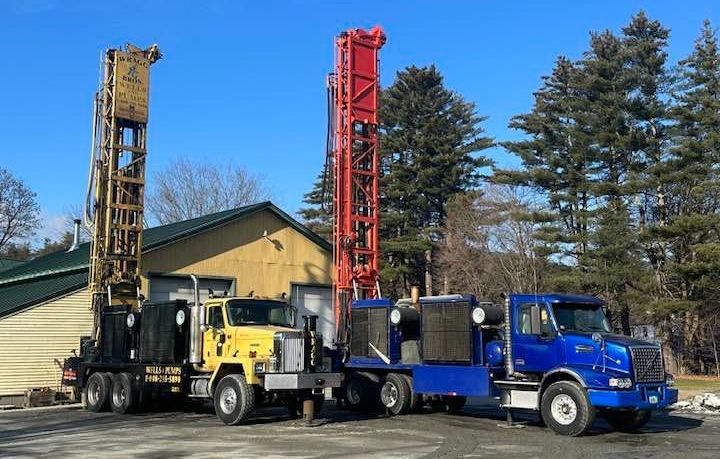
Wragg Brothers Well Drilling Services
Wragg Brothers Well Drilling stands as a hallmark of proficiency and dependability in the arena of well pumps. This family-run enterprise boasts an impressive tenure, surpassing six and a half decades dedicated to well drilling across Vermont, New Hampshire, and Massachusetts. They are committed to delivering services that ensure your water is pristine and flows uninterrupted.
The expertise Wragg Brothers provide covers a broad spectrum including:
- Skillful execution of well drilling
- Expert hydrofracking techniques
- Advanced geothermal solutions
- Meticulous water conditioning
- Thorough maintenance of pump systems
Whether for personal residences or business establishments, their offerings aim to guarantee superior water quality coupled with system effectiveness. Adherence to condition with Hague quality standards demonstrates their dedication towards delivering exceptionally pure Maryland-quality water.
Entrust your requirements concerning wells and pumps to the capable hands at Wragg Brothers. They uphold a steadfast commitment toward outstanding service delivery while ensuring every client experiences optimal satisfaction through access to premium-grade resources for all things related to wells, hydraulics, heating from natural sources beneath our feet (geothermals), treatments aimed at enhancing liquid purity as well as consistent upkeep regimes tailored specifically around pumping apparatuses – truly epitomizing both excellence in provision plus enduring trustworthiness within this industry sector!
Well Pump Installation
Undertaking the task of installing a well pump is a serious endeavor that should be carried out by professionals with deep knowledge of well systems. Wragg Brothers Well Drilling brings their wealth of experience to provide exemplary installation services, ensuring your well pump operates flawlessly from the outset.
The expert crew at Wragg Brothers performs each installation meticulously, considering every specific feature of your land. They have the expertise required whether you need a durable submersible pump or a strong jet pump installed, providing service designed to secure reliable water access for many years ahead.
Maintenance and Repair
The upkeep of a well pump is a specialized job that should be entrusted to skilled professionals. Wragg Brothers Well Drilling offers the essential routine maintenance necessary for your well pump’s sustained performance, preventing future complications with their proactive approach.
Should your well pump experience any difficulties, Wragg Brothers are on standby with unparalleled repair services. They excel in hydrofracking techniques that can revive wells experiencing reduced flow rates and bring back the reliable water pressure you require. With an emphasis on excellence and customer satisfaction, Wragg Brothers ensures that your pump system receives expert care.
Emergency Services
In the event of a water crisis, prompt and efficient action is essential. Wragg Brothers Well Drilling excels in this area with their emergency services designed to address critical well pump issues at any hour. Whether you encounter a problem as the sun peeks over the horizon or under nocturnal skies, their expert team is always ready for your call, committed to bringing back order to your household’s water supply.
You are never left unsupported when it comes to navigating complications with your well pump if you rely on Wragg Brothers. They proudly offer:
- Round-the-clock emergency support
- Rapid and skilled resolution
- A strong commitment towards customer satisfaction
- Unfaltering availability whenever necessity arises
This represents the steadfast assurance from Wragg Brothers: unwavering readiness and comprehensive care for all your urgent well pump needs.
Summary
As we draw this guide to a close, it’s clear that the lifespan of your well pump is not just about the passage of time, but about the care and attention it receives. Submersible or jet, new or old, your pump is the unsung hero of your daily water needs. By staying vigilant to the telltale signs of wear, embracing regular maintenance, and understanding when to call in the professionals, you can ensure that your well pump continues to serve you reliably for years to come.
Remember, Wragg Brothers Well Drilling is your ally in this journey. Their expertise in installation, maintenance, and emergency services is your safeguard against the unexpected. Keep their number handy, and take comfort in knowing that your well pump’s performance is in the hands of seasoned professionals. May your water flow be everlasting, and your well pump, a paragon of perseverance.
Frequently Asked Questions
How often should I have my well pump inspected?
To ensure optimal functionality and avert potential issues, it is advised that a qualified technician performs an annual inspection of your well pump.
What are some signs that my well pump might be failing?
If you notice low water pressure, strange noises, frequent cycling, air in faucets, or changes in water quality like bad odors or tastes, it could be a sign that your well pump is failing.
Be vigilant for these signs to catch any issues early on.
Is it better to repair or replace an old well pump?
Considering the frequency and expense of repairs, along with the typical lifespan of a pump which ranges from 10 to 15 years, it might be more economical in the long run to replace rather than repair a pump that is often breaking down or approaching its expected life limit.
What maintenance can I do to extend the life of my well pump?
Maintaining the longevity of your well pump can be achieved by adopting a routine that includes sanitizing the well head on a regular basis, verifying the resistance levels of the pump, and avoiding dry runs as well as overheating through correct operation.
These measures are essential for preserving your pump’s long-term functionality.
How can I contact Wragg Brothers Well Drilling for services?
For installation, maintenance, repair, and emergency services related to well pumps, reach out to Wragg Brothers Well Drilling. They are available by phone at 800-255-5890 or through email at office@wraggbrothers.com for assistance with your pump needs.
All Rights Reserved | Wragg Brothers Well Drilling

